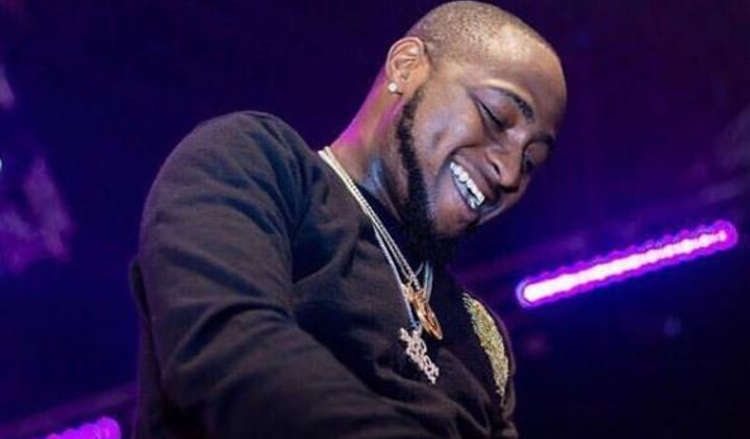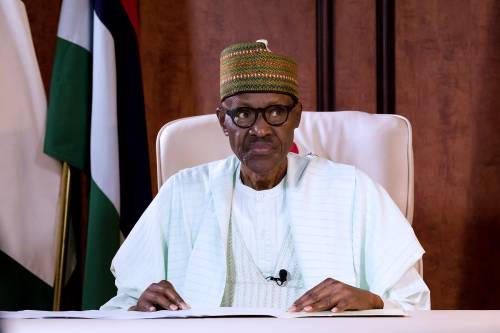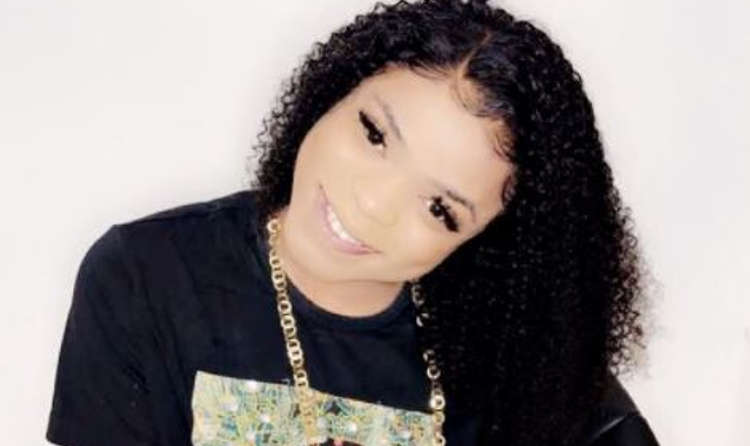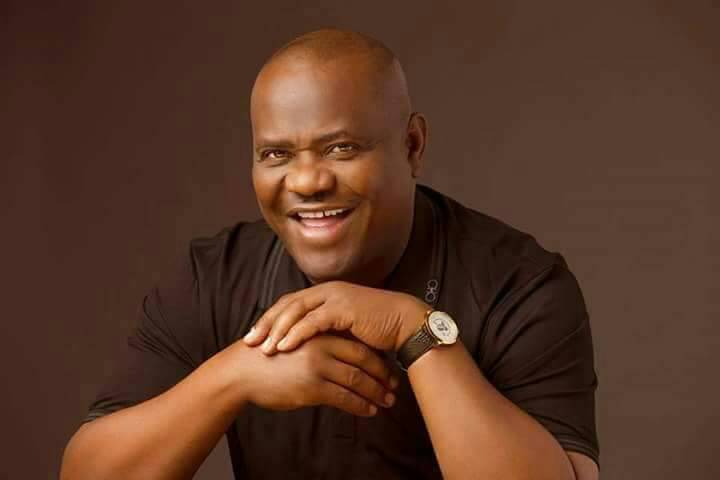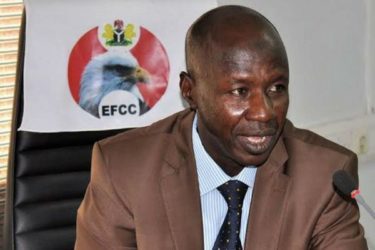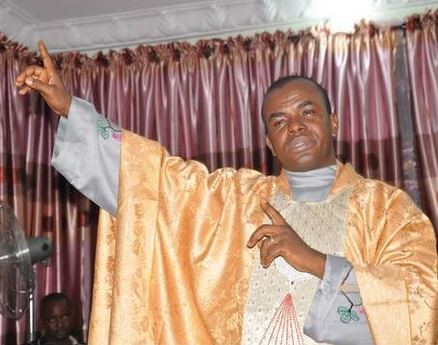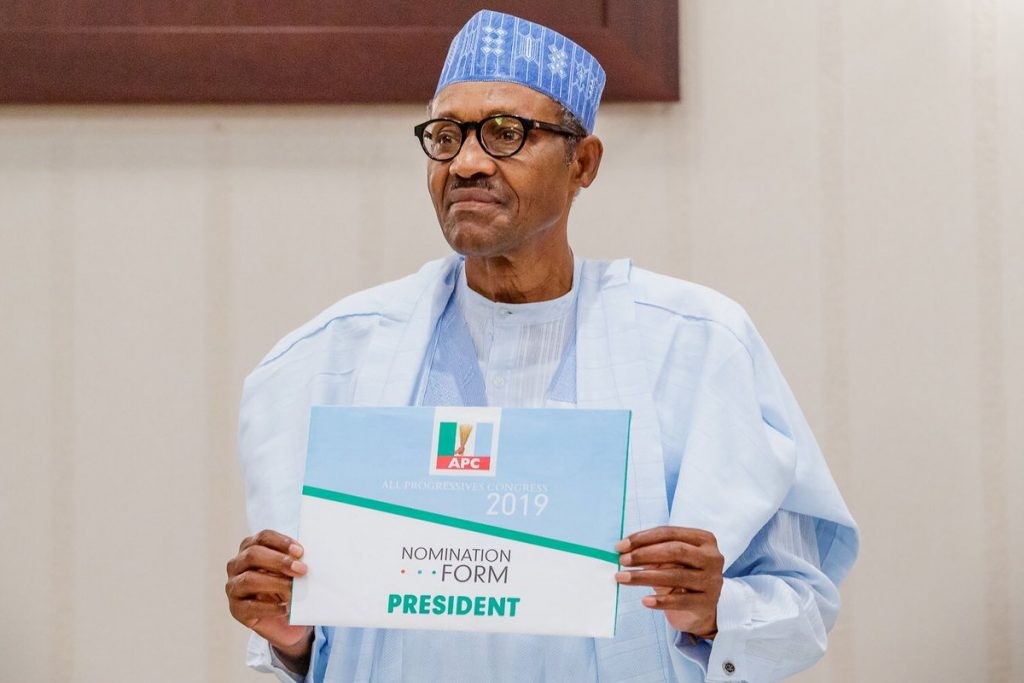Business
Four Nigerians Make Forbes List Of 13 Black Billionaires For 2019
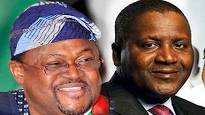
No fewer than 13 black persons made up the 2,153 people who made the Forbes list of the World’s Billionaires for 2019. The list of black persons improved from 11 a year ago.
Nigerian Cement tycoon, Aliko Dangote is still the richest black person in the world with a fortune estimated at $10.9 billion. He’s closely followed by Nigerian oil and telecoms mogul, Mike Adenuga.
American businessman, David Stewart, who is the majority owner of World Wide Technology, an $11.2 billion (sales) IT provider, whose customers include Citi, Verizon and the federal government, joins the Black Billionaires Club with a fortune Forbes estimates at $3 billion.
Nigerian businessman Abdulsamad Rabiu, who made his fortune in cement, flour, edible oils and real estate, returns to the 3-Comma club after a multi-year hiatus. He last featured on the Forbes list of the World’s Billionaires in 2014. In December 2018, Rabiu merged his privately owned Kalambaina Cement Company with listed firm Cement Co. of Northern Nigeria, which he controlled.
The new, larger company has a market capitalization of more than $800 million, with Rabiu owning more than 90% of the company’s stock. The value of his shares in the new Cement Co. of Northern Nigeria provided a shot in the arm to his fortune, which Forbes estimates at $1.6 billion.
Nigeria’s Folorunsho Alakija, American TV mogul Oprah Winfrey and Angolan investor Isabel dos Santos still remain the only black female billionaires in the world.
These are the 13 richest black people on earth:
Aliko Dangote, $10.9 billion
Nigerian, Sugar, Cement, Flour
The Cement and commodities tycoon retains his title as the world’s richest black man this year. After building his fortune in sugar, flour and cement, the Nigerian tycoon is embarking on his most ambitious project to date- a private oil refinery in Nigeria which will have a refining capacity of 6500,000 barrels a day and is expected to reduce Nigeria’s dependence on oil imports. Dangote started out in business more than 3 decades ago by trading in commodities like cement, flour and sugar with a loan he received from his maternal uncle and went on to build the Dangote Group, the largest industrial conglomerate in West Africa.
Mike Adenuga, $9.1 billion
Nigerian, Oil, Telecoms
Nigerian-born Mike Adenuga, the world’s second richest black person, built his fortune in oil and mobile telecoms. His Conoil Producing Company was one of the first indigenous Nigerian companies to be granted an oil exploration license in the early 90s. The company is the operator of six blocks in the Niger Delta and also owns a25% stake in the Joint Development Zone (JDZ) Block 4. He is also the founder and sole owner of Globacom, a Nigerian mobile phone network that has more than 40 million subscribers in Nigeria and neighbouring African countries. His property company, Cobblestone Properties, owns hundreds of prime residential and commercial property all over Nigeria.
Robert Smith, $5 billion
American, Private Equity
Robert Smith, a former Goldman Sachs executive, is the founder of private equity firm Vista Equity Partners that focuses exclusively on investing in software companies. The firm has more than $30 billion in assets and is one of the best-performing private equity firms, posting annualized returns of 22% since inception.
David Steward, $ 3 billion
American, Tech
David Steward is the co-founder and chairman of IT provider World Wide Technology, World Wide Technology, an $11.2 billion (sales) IT provider, whose customers include Citi, Verizon and the federal government.
Oprah Winfrey, $2.5 billion
American, Television
Oprah is still the richest African-American person in the world thanks largely to the 25 years of her profitable daytime TV show and earnings from her Harpo production company. Her cable channel, OWN (Oprah Winfrey Network) is also cash flow positive for the first time and is enjoying favorable ratings as a result of securing exclusive TV interviews with headline-grabbers like disgraced cyclist Lance Armstrong, Beyonce and gay NBA player Jason Collins. One of America’s most generous philanthropists, Oprah continues to give to education causes and has spent about $100 million on the Oprah Winfrey Leadership Academy for Girls in South Africa.
Strive Masiyiwa, $2.4 billion
Zimbabwean, Telecoms
Masiyiwa, who is worth $2.4 billion, is the founder of Econet, one of the leading mobile telecoms companies in Africa. It has more than 10 million subscribers spread across Zimbabwe, Botswana, Burundi and Lesotho. In February, he pledged the sum of $100 million to establish a fund to invest in rural entrepreneurs in Zimbabwe.
Isabel Dos Santos, $2.3 billion
Angolan, Investments
The oldest daughter of Angola’s former president, Isabel dos Santos has built an impressive investment portfolio that includes a 25% stake in Angolan mobile phone company Unitel and a 25% stake in Angolan bank Banco BIC SA. Other holdings include a substantial stake in Nos SGPS, a Portuguese cable TV company and just under 20% of Banco BPI, one of Portugal’s largest publicly traded banks.
Patrice Motsepe, $2.3 billion
South African, Mining
South Africa’s first and only black billionaire is the founder of African Rainbow Minerals (ARM), a Johannesburg Stock Exchange-listed mining company that has in platinum, nickel, chrome, iron, manganese, coal, copper and gold. He also owns a large stake in African Rainbow Capital, a private equity firm focusing on investments in the financial services sector.
Michael Jordan, $1.9 billion
American, Basketball
Basketball’s greatest player is the majority shareholder of Charlotte Bobcats and enjoys lucrative deals with the likes of Gatorade, Hanes and Upper Deck. His biggest pile comes from Brand Jordan, a $1 billion (sales) sportswear partnership with Nike.
Michael Lee-Chin, $1.9 billion
Canadian, Investments
Lee-Chin, a Canadian of Jamaican origin, made a fortune investing in financial companies. He owns a 65% stake in National Commercial Bank Jamaica, which makes up the bulk of his fortune.
Abdulsamad Rabiu, $1.6 billion
Nigerian, Cement, Sugar
Abdulsamad Rabiu is the founder of BUA Group, a Nigerian conglomerate with interests in sugar refining, cement production, real estate, steel, port concessions, manufacturing, oil gas and shipping. BUA Group’s annual revenues are estimated at over $2 billion. Abdulsamad got his start in business working for his father, Isyaku Rabiu, a successful businessman from Nigeria’s Northern region. He struck out on his own in 1988, importing rice, sugar, edible oils as well as steel and iron rods.
Folorunsho Alakija, $1.1 billion
Nigerian, Oil
Nigeria’s first female billionaire is the founder of Famfa Oil, a Nigerian company that owns a substantial participating interest in OML 127, a lucrative oil block on the Agbami deep-water oilfield in Nigeria. Alakija started off as a secretary in a Nigerian merchant bank in the 1970s, then quit her job to study fashion design in England. Upon her return, she founded a Nigerian fashion label that catered to upscale clientele, including Maryam Babangida, wife to Nigeria’s former military president Ibrahim Babangida.
Mohammed Ibrahim, $1.1 billion
British, Mobile Telecoms, Investments
Sudanese-born Mohammed “Mo” Ibrahim founded Celtel International in 1998, one of the first mobile phone companies serving Africa and the Middle East. He sold it to Kuwait’s Mobile Telecommunications Company for $3.4 billion in 2005 and pocketed $1.4 billion. In 2007 he founded the Mo Ibrahim Foundation which promotes good governance in Africa.
Business
Dana Air initiates refunds following suspension by NCAA for safety audit
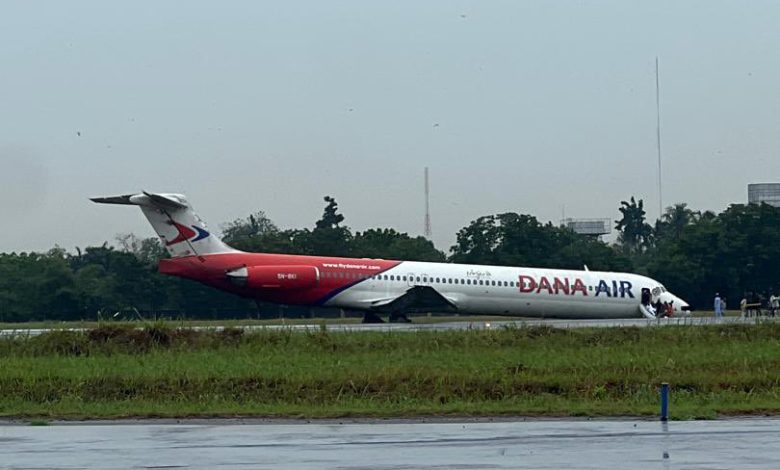
Dana Air has announced that it is processing refunds for flights affected by its recent temporary suspension.
The Nigeria Civil Aviation Authority (NCAA) imposed the suspension to conduct a safety and financial audit following a runway incursion incident involving one of the airline’s aircraft on Tuesday.
The airline disclosed this information in a statement on its official X (formerly Twitter) account on Wednesday, apologizing for the inconvenience and disappointment the suspension may have caused its passengers regarding their travel plans.
According to Dana Air’s statement, passengers who have already booked flights are instructed to send their flight booking details (PNR) and bank account numbers to contact@flydanaair.com for refunds.
- “In light of the suspension, we understand that you may have concerns regarding your bookings and travel plans. We assure you that we are processing refunds for affected flights over the next month.
- “To expedite this process, we kindly request that passengers send their booking details (PNR) and bank account numbers to contact@flydanaair.com,” the statement read in part.
The statement also assured Dana Air customers that the airline is fully cooperating with aviation authorities to address any concerns and ensure that the matter concerning the suspension of its operating license is swiftly resolved.
Business
Naira falls to N1,300/$ at parallel market
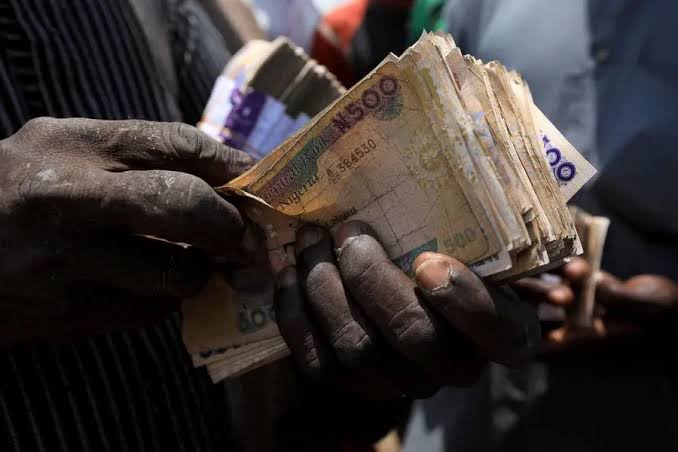
The naira, on Wednesday, depreciated to N1,300 per dollar at the parallel section of the foreign exchange (FX) market.
The current FX rate signifies a 3.17 percent drop from the N1,260 traded on April 22.
Currency traders, known as bureau de change (BDC) operators, quoted the buying rate at N1,260 and the selling price at N1,300 — leaving a profit margin of N40.
At the official window, the naira fell to N1,308.52 against the dollar — a 0.64 percent decline from the N1,300.15 traded on April 23.
According to the FMDQ Exchange, a platform that oversees official FX trading in Nigeria, the naira recorded a high of N1,367 and a low of N1,098.
With the current record, the official window rate still surpasses that of the parallel market by N8.52.
The Central Bank of Nigeria (CBN), on April 23, reduced the FX rate for dollar allocations to BDC operators.
The financial regulator, in a circular signed by Hassan Mahmud, director of trade and exchange department, said it sold $10,000 at the rate of N1,021/$ to each BDC.
On April 8, CBN also sold FX to the BDCs at the rate of N1,101/$, compared to the N1,251 the apex bank offered to the parallel market operators on March 25 and the N1,301 announced on February 27.
Business
Economic hardship: Soludo’s wife advises Anambra women to embrace backyard gardening
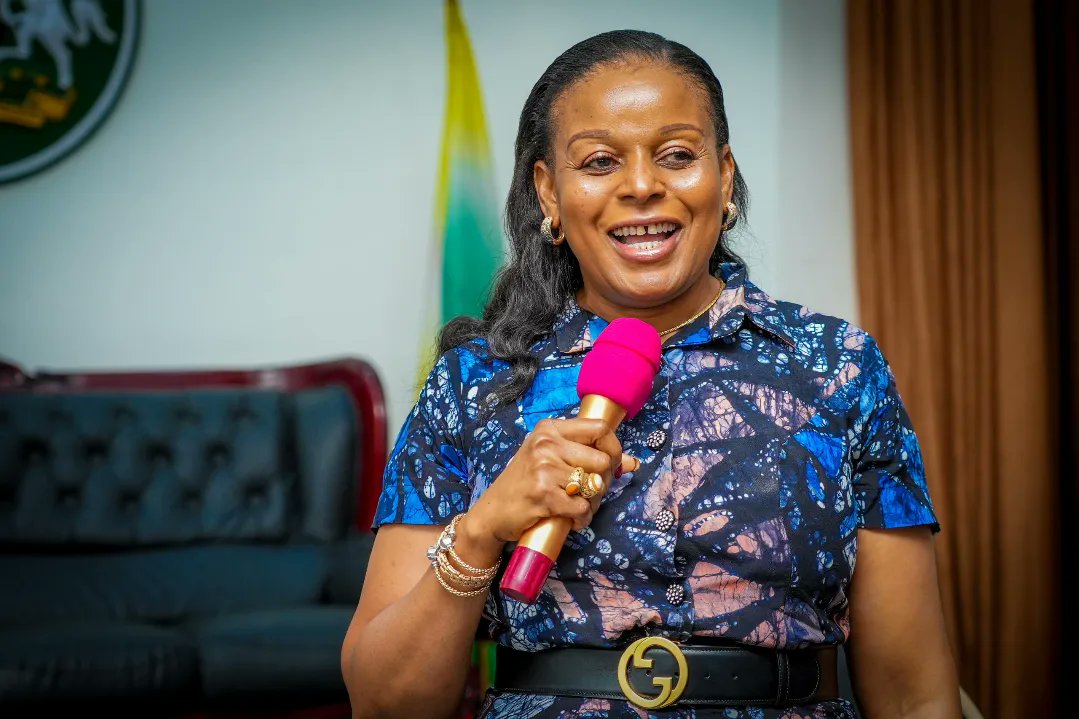
Nonye Soludo, the first lady of Anambra, says women in the state should embrace backyard garden practice to help their families cope with the rising cost of living.
Nonye, the founder of Healthy Living Initiative, spoke when she received a group of Anambra female farmers and businesswomen in Awka, the state capital.
She said home garden practices have helped families as primary and regular sources of diet and nutrition
The Anambra first lady said backyard gardens would also reduce dependence on commercial food products which are mostly expensive.
“Economic circumstances do not completely determine healthy living practices, including the choice of what we consume to keep the body in good shape,” she said.
“We also need to dispel the notion that eating healthy is about eating expensive food products.
“You only need to go to the small farm behind your house to pick up what the body needs to be healthy.
“This is why I am encouraging families to embrace backyard or home gardens and this is in line with the state government’s agricultural agenda.
“Those who live in areas without enough land for subsistence farming purposes can adopt sack farming, which does not cost anything to set up.
“By having such farms around the house, households can have easier and healthier alternatives, cut down their costs of living and boost the green environment.’’
Nonye said her healthy living campaign aims to sensitise households on adopting healthy living as a culture.
“One of our goals is to ensure that families in Anambra prioritise nutritional values of what they eat to improve their family health,” she added.
On her part, Esther Onyekesi, the leader of the group, said women have a major role to play in food production and should be given every necessary support.
Onyekesi, who is also the women’s leader of the All Progressives Grand Alliance (APGA) in the state, encouraged her colleagues to key into backyard farming to enhance food security.
She added that the recent hike in prices of foodstuffs should encourage everyone to go into farming.
-

 Business1 week ago
Business1 week agoX will start charging new users to post, says Elon Musk
-

 Entertainment1 week ago
Entertainment1 week agoJUST IN: Cubana Chief Priest pleads not guilty to naira abuse charge
-

 News1 day ago
News1 day agoFAAN reopens Lagos airport runway after Dana Air incident
-
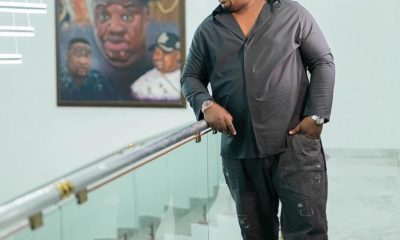
 Entertainment1 week ago
Entertainment1 week agoCubana Chief Priest arrives court for naira abuse trial
-
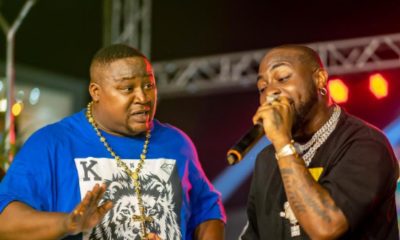
 Celebrities1 week ago
Celebrities1 week ago‘Not see you for 6 months, impossible’ — Davido reacts to Cubana Chief Priest’s bail
-
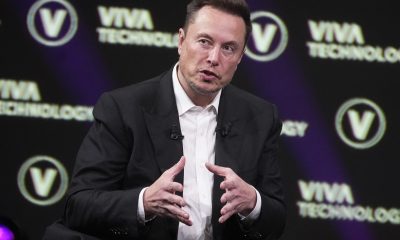
 Business6 days ago
Business6 days agoElon Musk threatens to suspend X accounts doing engagement farming
-

 Celebrities1 week ago
Celebrities1 week agoKai Cenat threatens to sue OnlyFans model, Layla Red who leaked their chats
-

 World1 week ago
World1 week agoDubai international airport cancels flights as flood ravages runway, UAE

